On February 8, 1887, Congress passed the Dawes Act, named for its author, Senator Henry Dawes of Massachusetts. Also known as the General Allotment Act, the law allowed for President Grover Cleveland (1893-1897) to break up reservation land, which was held in common by the members of a tribe, into small allotments to be parceled out to the Citizens of the Five Nations. The Dawes Commission was responsible for activities concerning the Five Nations in Indian Territory, Oklahoma. Its major responsibility was to enforce the various treaties made between the Indian Nations and the federal government and to enforce decisions made by the Bureau of Indian Affairs (BIA) and its arm, the Union Agency. This Commission was also responsible for allotting tribal lands to eligible citizens, placing them in possession of their allotment(s) and settling disputes between the citizen allottee and intruders. The Commission was headquartered in Muskogee, IT (future Oklahoma). While the Dawes rolls are a major source of Indian citizen records, there is no central list of non-citizen intruders. The fact is that Indian Territory (Oklahoma) attracted thousands of whites and non-citizen Indians with the prospect of obtaining surplus tribal lands or renting or leasing individual allotments. This work incorporates both the intruders and the rightful allottees.
Hinweis: Dieser Artikel kann nur an eine deutsche Lieferadresse ausgeliefert werden.
Hinweis: Dieser Artikel kann nur an eine deutsche Lieferadresse ausgeliefert werden.

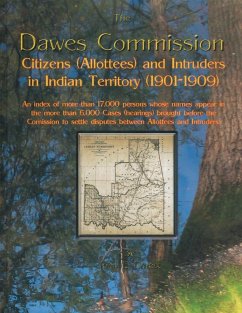
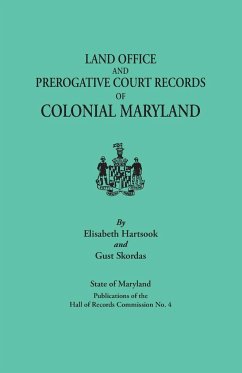
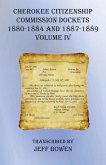
![Final Rolls of Citizens and Freedmen of the Five Civilized Tribes in Indian Territory. Prepared by the [Dawes] Commission and Commissioner to the Five Final Rolls of Citizens and Freedmen of the Five Civilized Tribes in Indian Territory. Prepared by the [Dawes] Commission and Commissioner to the Five](https://bilder.buecher.de/produkte/33/33622/33622470n.jpg)
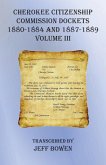
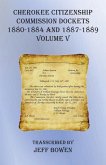
![Index to the Final Rolls of Citizens and Freedmen of the Five Civilized Tribes in Indian Territory. Prepared by the [Dawes] Commission and Commissione Index to the Final Rolls of Citizens and Freedmen of the Five Civilized Tribes in Indian Territory. Prepared by the [Dawes] Commission and Commissione](https://bilder.buecher.de/produkte/33/33622/33622361n.jpg)
